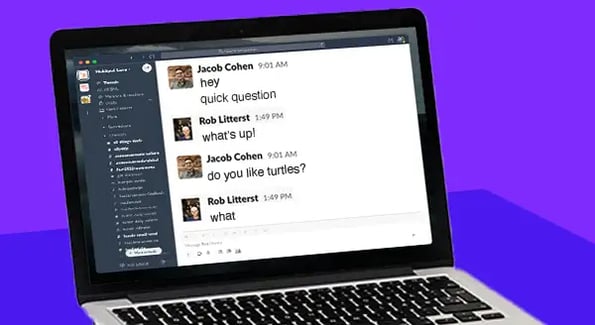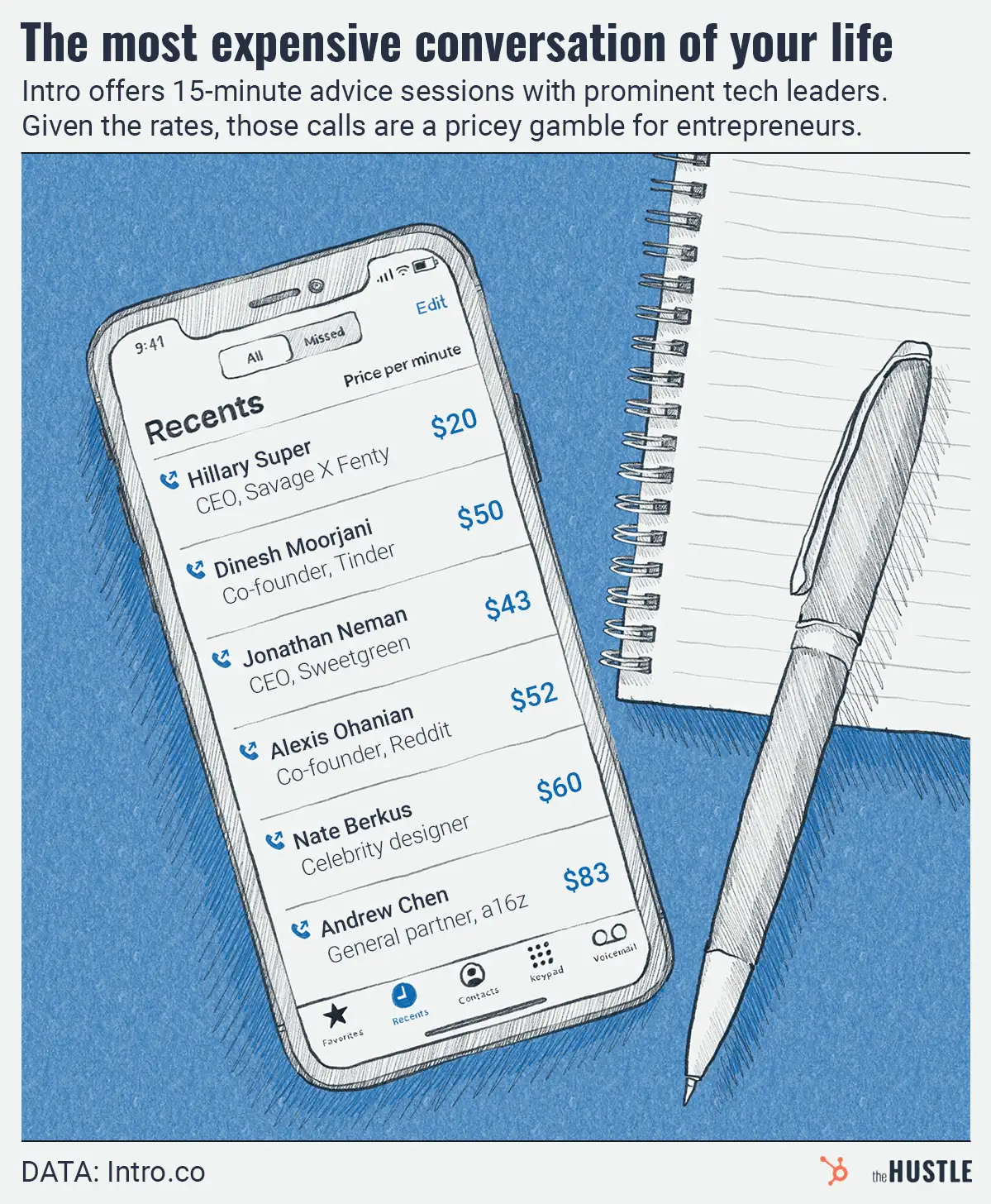Many companies sign up for Slack in hopes that it will help their employees work more effectively. What they likely don’t expect are employees using the app to find their next job.

Amid the Great Resignation, Slack’s networking channels have become a popular place for tech workers to find their next career move, per The Wall Street Journal.
Slack…
… is most known for its ability to centralize a company’s workplace communication, but the app isn’t limited to internal messaging. Anyone can create a Slack channel, and as a result, the app has become a hotbed of B2B communities for several reasons:
- Cost: For many communities, the free version of Slack will get the job done, allowing community founders to trim expenses
- Familiarity: Many workers already use Slack for work, which means they are on the app most weekdays, and know how to use it
- Features: The ability to create subject-specific channels, message another member directly, and track a topic through threads are all helpful community tools
With many of these communities focused around a specific career discipline (e.g., product marketing, UX design), networking opportunities naturally arise.
Workers…
… report some serious benefits to using Slack over traditional job-hunting techniques, including:
- Speed: Slack’s networking channels allow workers to connect directly with leaders at other companies, bypassing the traditional recruiting process
- Social proof: By searching a user’s message history in the community, a hiring manager can get a sense for how a prospective hire thinks without a resume and cover letter
One worker claims that within a week of joining a cybersecurity marketing community on Slack, he had ~20 interviews scheduled.
But Slack is still small…
… at least compared to LinkedIn, which touts 830m+ members. Slack last reported 12m+ daily active users in 2019. Even if that number has grown substantially, not all of the app’s users join communities outside work.
LinkedIn also has its own Groups feature that professionals use for networking. So while Slack may be attracting early adopters, it will likely be a while before it can match LinkedIn’s efforts on the job-hunting front.
BTW: If you want to find a community for your job, check out this list of 38 Slack communities for every discipline.









